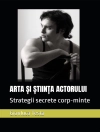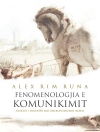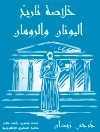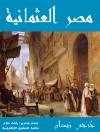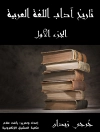What is transdisciplinarity – and what are its methods? How does a living lab work? What is the purpose of citizen science, student-organized teaching and cooperative education? This handbook unpacks key terms and concepts to describe the range of transdisciplinary learning in the context of academic education. Transdisciplinary learning turns out to be a comprehensive innovation process in response to the major global challenges such as climate change, urbanization or migration. A reference work for students, lecturers, scientists, and anyone wanting to understand the profound changes in higher education.
Tentang Penulis
Tobias Schmohl ist Hochschulbildungswissenschaftler. Seine Forschung befasst sich mit der Analyse und Gestaltung inter- und transdisziplinärer Lehr- und Lernsettings. Fachlich ist seine Arbeit im Schnittfeld von Wissenschafts-, Hochschul- und Bildungsforschung einzuordnen.


